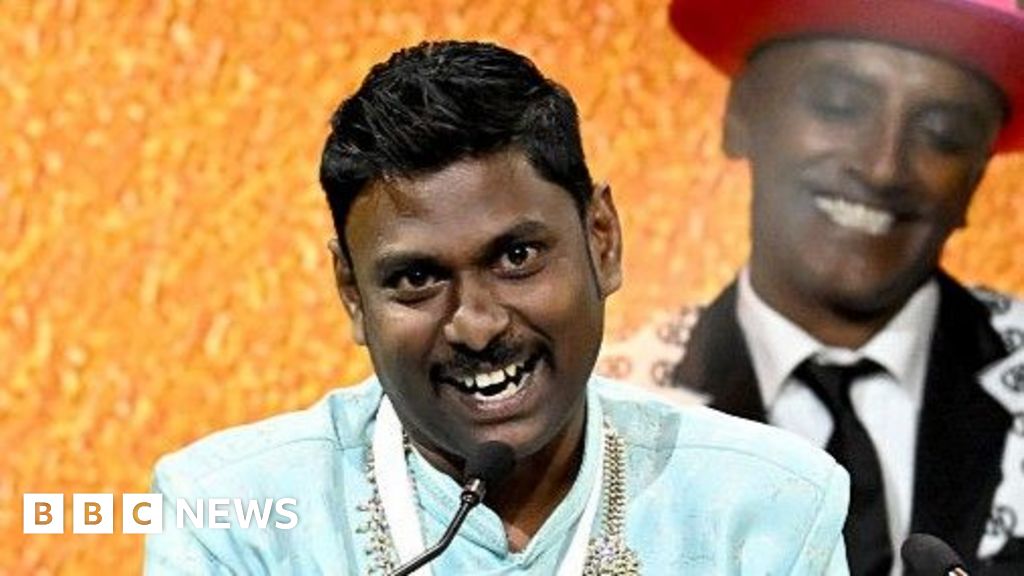ARTICLE AD BOX
THE HAGUE, Netherlands — The Netherlands’ 11-month-old coalition government appeared close to collapse Monday after far-right leader Geert Wilders said he would “sleep on” a decision on whether to pull out of the fragile four-party pact.
Last week, Wilders demanded the government sign on to a 10-point plan that aims to radically slash migration, including using the army to guard land borders and turning away all asylum-seekers. He said that if immigration policy is not toughened up, his party “is out of the Cabinet.”
The government crisis comes just three weeks before the Netherlands is scheduled to host a summit of NATO leaders in The Hague.
After talks Monday night with the leaders of the three other parties that make up the ruling coalition, Wilders told reporters “we will meet each other tomorrow, but it doesn’t look good.”
Wilders has built his political career on calling for hard-line policies against Islam and migration in the Netherlands. Long in opposition, his party won elections in November 2023 and is the largest in the coalition.
Now he says his patience has run out after months of talks and little action from the coalition to crack down on migration.
After Monday’s meeting, Wilders’ three coalition partners told him to come up with concrete proposals for changes to the current agreement and expressed frustration at his repeated threats to bring down the government.
“If your goal is to blow things up, just say so,” Dilan Yesilgöz, leader of the right-wing People’s Party for Freedom and Democracy, told reporters after the hour-long meeting.
According to the leader of the populist Farmers Citizens Movement party Caroline van der Plas, “The Netherlands does not like quitters.”
In February, Wilders also threatened to back out of the coalition if a pair of bills limiting asylum didn’t pass, but he ultimately backed down.
Wilders’ latest threat comes as conservative Karol Nawrocki was announced the winner of Poland’s weekend presidential runoff election.
The outcome suggests that Poland can be expected to take a more populist and nationalist path under its new president, who was backed by U.S. President Donald Trump.
Copyright © 2025 The Washington Times, LLC.

 3 weeks ago
73
3 weeks ago
73








 English (US) ·
English (US) ·